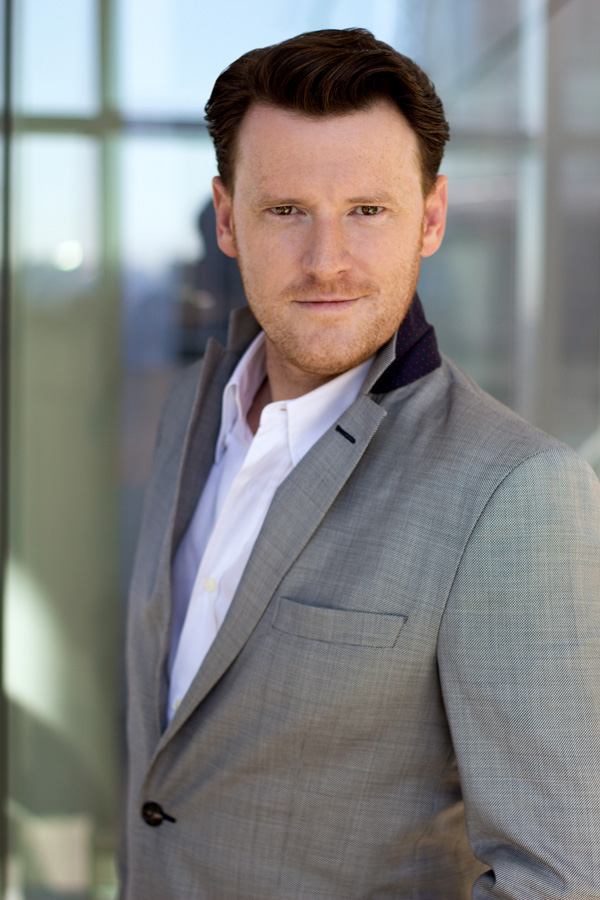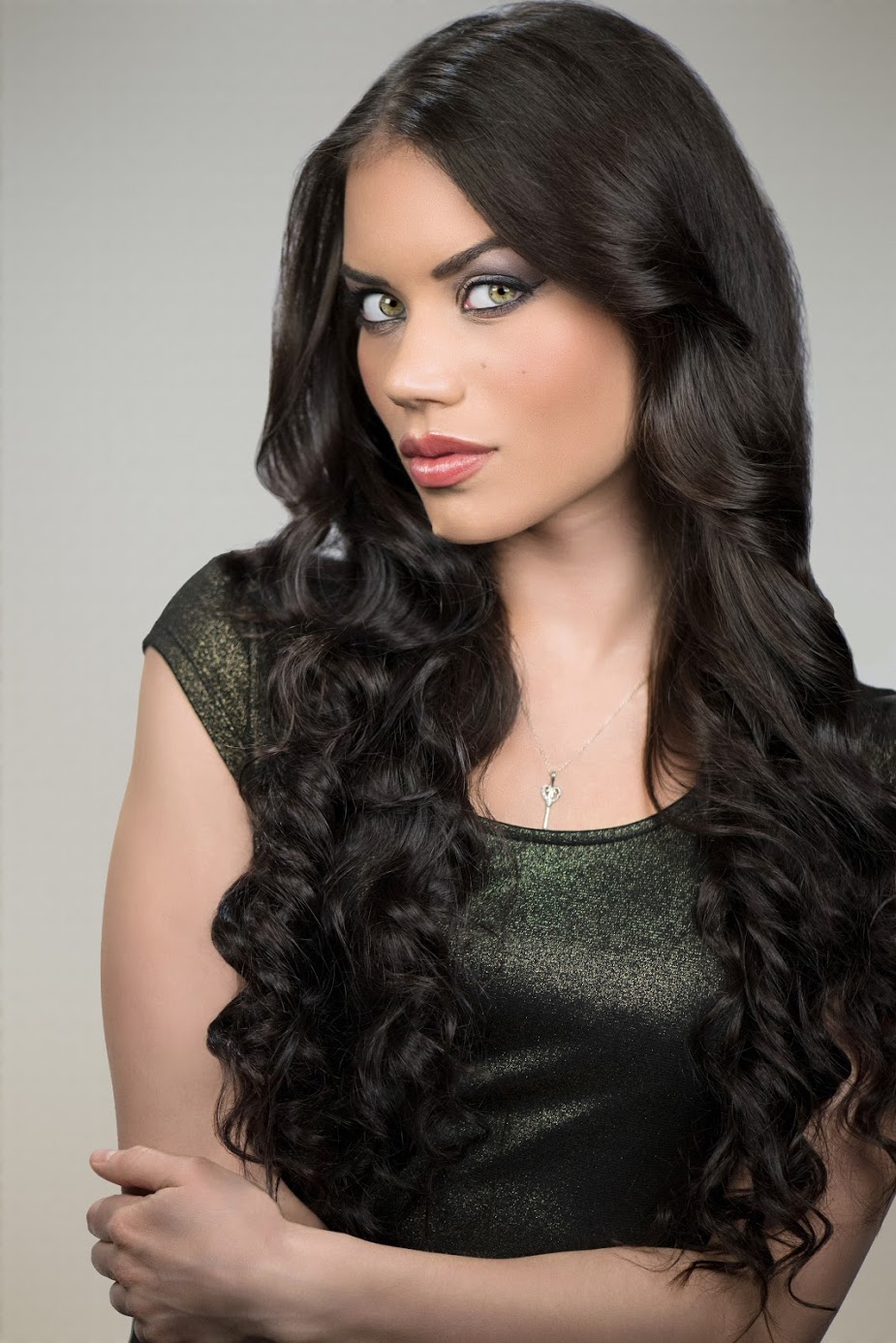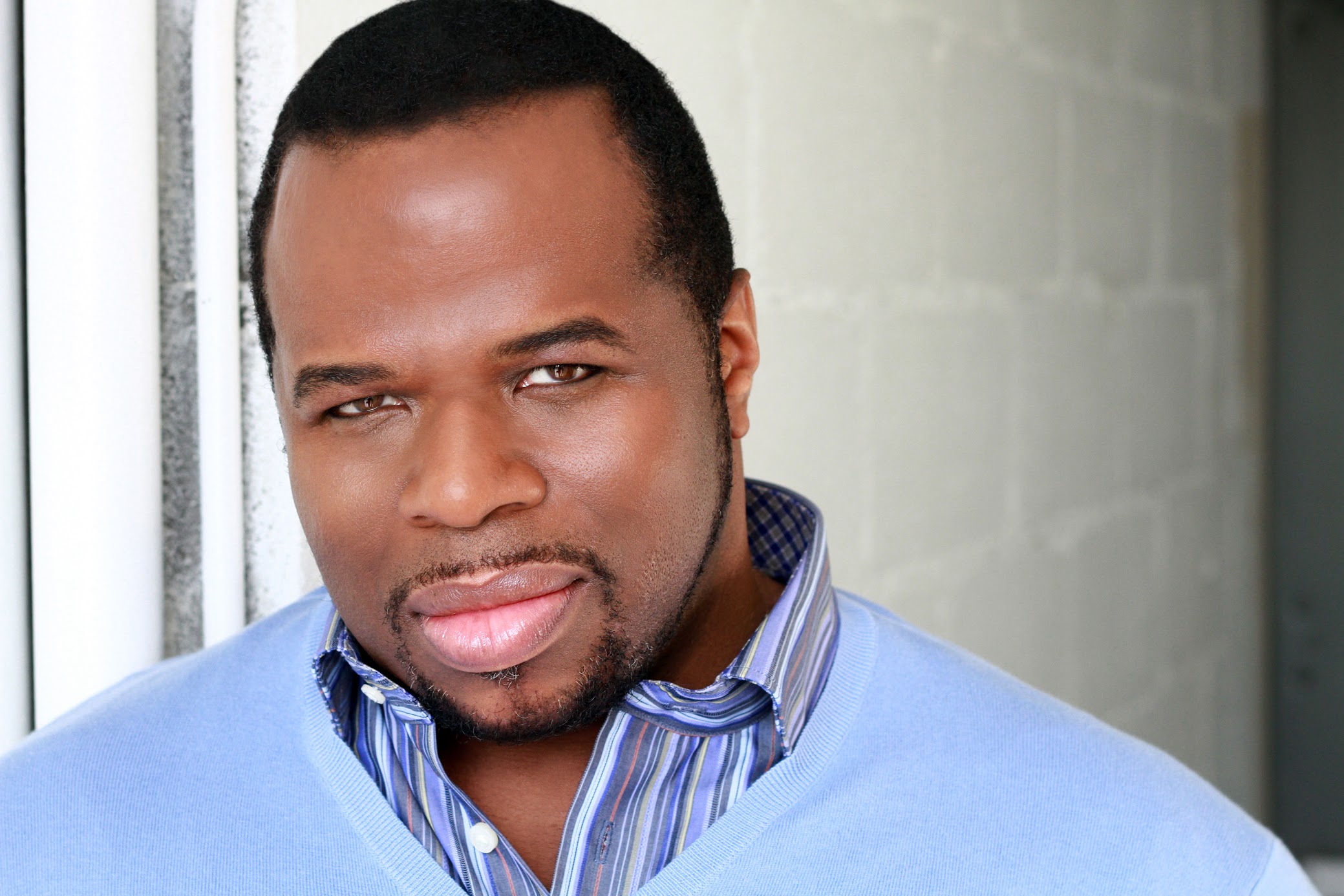Conductor Antony Walker. Photo by Don Lassell; courtesy of Washington Concert Opera.
I first took real notice of Conductor Antony Walker when I saw his feet leave the floor. Never before had I seen a conductor exhibit such enthusiasm and robust involvement. Of course, for staged opera since Wagner, the conductor’s feet and the orchestra are out of sight in an orchestra pit. For all I know, in the pit they may take off their shoes. Not so with concert opera where the conductor and orchestra are on the stage. This remarkable sighting occurred during my first concert opera, Beethoven’s Leonore (Washington Concert Opera) and it has stuck with me; I was energized by watching Mr. Walker. This also turned out to be one of my favorite opera performances of last season and turned me into a concert opera fan.
Maestro Walker is much in demand. He is both Artistic Director and Conductor of the Washington Concert Opera, a position he has held for half of WCO’s thirty-year history. He is also Music Director for the Pittsburgh Opera and Founding Artistic Director and Conductor Emeritus of the Pinchgut Opera in his native Sydney, Australia. Conductor Walker held a position with the Welsh Opera in Britain before moving to the U.S in 2002. Since his opera conducting debut in 1991, he has led almost 200 operas, conducting in opera houses around the US, including the prestigious Metropolitan Opera, and around the globe and often goes back to Australia. He was trained in piano as a child, then music composition, and as an operatic tenor later on. He once made national headlines by singing the role of Rhadames from the orchestra pit for one act of a Pittsburgh Opera performance of Aida; the tenor became too ill to continue and his replacement had not yet arrived, so Mr. Walker filled in. He is able to use this talent in rehearsing singers and the chorus. I have now attended four performances where Mr. Walker was conducting (Washington Concert Opera-x2, Pittsburgh Opera, and Wolf Trap Opera) and have enjoyed every one. Maybe one day I will even make it to a performance in Sydney.
Conductor Antony Walker and the Washington Concert Opera Orchestra. Photo by Don Lassell; courtesy of Washington Concert Opera.
As explained in Part I of this preview blog report, which covered background information for Maria di Rohan, my purpose in posing questions to Conductor Walker was to help address two overriding questions for fans considering attendance: Why should I want to attend a performance of this particular opera and why should I want to attend this particular performance of that work? Who better to learn about Washington Concert Opera’s production than from the conductor? My ancillary interests were to learn more about Mr. Walker himself and to learn more about what a conductor does beyond standing in front of the orchestra to lead the performance. Mr. Walker was most gracious to address the questions I posed for OperaGene readers, and I am impressed with the directness of his answers and the thought behind them. He clearly cares about opera and communicating his love for it to its fans.
Here is an OperaGene Q&A with Antony Walker:
OperaGene: How are your duties different as conductor and artistic director?
Antony Walker: As Artistic Director of Washington Concert Opera, I have complete input to the artistic vision of the company, and I make all repertoire and casting decisions. I even negotiate contracts with artists’ managers, book the venues, choose each chorister and write the supertitles! As Conductor of Washington Concert Opera I rehearse the singers, chorus and orchestra, and conduct the performances.
OperaGene: How is your preparation different for concert and fully staged versions of an opera?
Antony Walker: When I prepare singers for a concert performance I need to work on all the musical details (tempo, color, articulation, ornaments, expression) that I would normally refine with the singers over the course of a three week period in 3 DAYS! Therefore the experience is quite intense and everyone’s learning curve is very rapid, especially as many singers are performing their roles for the first time, due to WCO’s commitment to rarely performed operatic masterpieces.
OperaGene: What was your role in selection of the opera for this performance? The version of this opera to be performed? The cast? The make up of the orchestra?
Antony Walker: I have long been a fan of late Donizetti in particular, as his style in this last period is very comparable to the middle period Verdi of Rigoletto, Trovatore and Traviata. I have been wanting to program Maria di Rohan for some years now, and felt that it would be a marvelous role for Marina Costa-Jackson, who is a consummate singer and actress. The visceral writing for the role of Maria is so suited to Marina’s voice and personality: it’s a perfect fit. As Marina’s also highly talented sibling Ginger was available, this was a fantastic opportunity to showcase her talents in the 1843 Paris version of the opera, where the character of Gondì was re-written from a tenor into a mezzo “en travesti”. It is a wonderful role, and gives the audience a chance to see two extremely talented sisters side by side in very different roles! In casting Chalais, I wanted a youthful but full lyric tenor who would be extremely compatible with Marina musically, artistically and in intensity, and Norman Reinhardt will be tremendous in all those aspects: a very exciting and elegant singer. In the role of the jilted husband, Chevreuse, I wanted a Verdi baritone of tremendous power, musicality, intensity, flexibility who is capable of showing the complex emotions of this particular character, and I am so thrilled that the wonderful Lester Lynch is singing this role. Donizetti places extreme vocal and dramatic demands on ALL of his lead roles in his later operas, and I am extremely excited about the cast we have in place for Maria di Rohan. The orchestra is basically very similar to that of La Straniera, and they play this repertoire so well, with such dedication and passion and flexibility.
OperaGene: What decisions have you made for Maria di Rohan, such as emphasizing aspects or trimming the score to be used?
Antony Walker: I will be emphasizing the drama of Maria di Rohan. It is an opera that is very taut, dramatically, with each scene having a really interesting and clear dramatic arc that is so satisfying to underscore. The Paris version of 1843 that I have decided on has some really fine new music for Maria and Chalais, and particularly fleshes out the role of Gondì, which is now a “pants role” for a mezzo, and much more interesting and bigger than the role he wrote initially for the secondo tenore.
OperaGene: Is there anything special about the music in Maria di Rohan that the audience should be attuned to, compared to other operas and to other Donizetti operas?
Antony Walker: There are many moments in the score where the audience will feel transported into Verdi’s middle period, starting with Maria’s dark opening cavatina “Cupa fatal mestizia”. The sinfonia is also very fine, and shows how far Donizetti has come in his musical sophistication and orchestration. Those who saw our performances of La Favorite and Maria Padilla will recognize the mature Donizetti idiom when they hear it, and those who know Donizetti primarily through Lucia, and the 3 Queen operas will be pleasantly surprised and excited by the richness of the score and harmonic language, as well as the excitement of the melodrama.
OperaGene: Is there anything you think the audience should know about the cast?
Antony Walker: Marina Costa-Jackson is an incredible young soprano who not only has a voice of great beauty and excitement, but is also a commanding actress with an incredible stage presence. Once you have heard her, you will never forget her. The other members of the principal cast that I have mentioned are also thrilling singers and will complement our diva and stand out in their own rights. This is an all-American cast that has sung (and sometimes lived) much in Europe, and so their sensibilities in singing Italian bel canto are very refined and idiomatic. Can you tell how excited I am!?
OperaGene: Should the audience prepare in any way for what they are going to hear that might enhance their enjoyment?
Antony Walker: Not really. I don’t necessarily recommend any CD recording or YouTube video in particular for this performance because I actually believe we have a stronger cast for this incredible work, and I would prefer the audience to hear the freshness of the performance without another particular performance in mind. A good way to prepare for this is perhaps listening to La Favorite with Kasarova and Vargas (even though it is an example of Donizetti in French) or even Maria di Rudenz with either Ricciarelli or Miricioiu in the title role. Both operas are wonderful examples of the mature Donizetti.
OperaGene: Where else can we hear you conducting the next year or two?
Antony Walker: Apart from Pittsburgh and DC, I’m not allowed to tell you yet, I’m sorry!
Marina Costa-Jackson will play Maria (photo by Dario Accosta; courtesy of Washington Concert Opera). Norman Reinhardt will play Chalais (photo courtesy of Norman Reinhardt and Washington Concert Opera). Ginger Costa-Jackson will play Gondi (photo courtesy of Ginger Costa-Jackson and Washington Concert Opera). Lester will play Chevreuse (photo courtesy of Lester Lynch and Washington Concert Opera).
Many heartfelt thanks to Maestro Walker and Washington Concert Opera for these responses.
The Fan Experience: Washington Concert Opera performances are one time events. February 18 at 6 pm in the Lisner Auditorium is the only opportunity to see a live performance of Maria di Rohan. Tickets can be purchased through this link. In my experience, all the seats are fine for viewing the performance, but the sound is probably better towards the center of the auditorium. Parking on the street around the auditorium is catch as catch can, but if you find a spot, the meters are usually turned off on Sunday, but be sure to read the signs! Metro is two blocks away. WCO has a web page with directions and parking info, helpful in finding lot parking.






